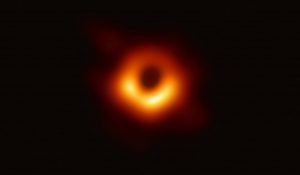Euclid Mission For Dark Matter And Dark Energy:

The Euclid mission by the European Space Agency (ESA) launched in July 2023, to study dark matter and dark energy has shared its initial five science images which include pictures of expansive galaxy clusters, detailed shots of two nearby galaxies, a nebula, and a gravitationally connected group of stars known as a globular cluster. ESA’s Euclid mission is a space telescope designed to explore the composition and evolution of the dark Universe.
- Euclid will explore how the Universe has expanded and how structure has formed over cosmic history, revealing more about the role of gravity and the nature of dark energy and dark matter.
- Launch Vehicle: SpaceX Falcon 9
- Destination: Sun-Earth Lagrange point 2
Findings by Euclid’s Mission:
- Euclid’s lens focused on the Perseus Cluster, capturing 1,000 galaxies and over 100,000 more in the background, some situated 10 billion light-years away.
- The mapping of special attributes and characteristics of these galaxies will help unravel the role of dark matter in shaping the universe.
- Euclid’s infrared capabilities provided valuable insights into the stars of IC 342, a spiral galaxy akin to the Milky Way useful for understanding galaxies with structures similar to our own.
- Irregularly-shaped and small galaxies like NGC 6822 play a crucial role as the building blocks for larger galaxies.
- Studying them sheds light on the formation of galactic structures.
- NGC 6397 is a nearly globe-shaped globular cluster about 7,800 LYs away.
- The mission showcased the Horsehead Nebula, aiming to uncover unseen Jupiter-mass planets in their early stages of development.
Dark Matter:
- Dark matter, though never detected, is believed to be present in the entire universe, its existence presumed because a number of observable celestial phenomena could not be possible if the universe did not have much more matter in it than is seen.
- It is believed to make up more than 95% of all the universe.




